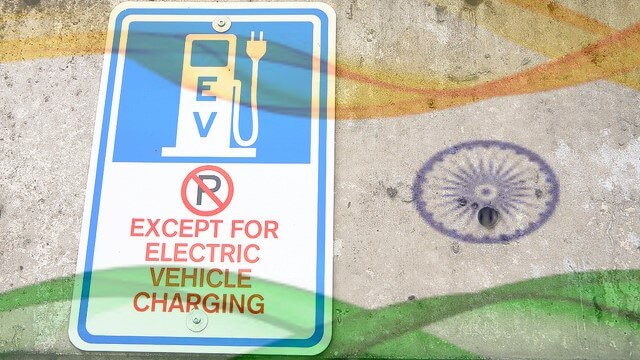

FAME II wants to boost EV ecosystem in India
The Union Cabinet has cleared a Rs 10,000-crore programme under the FAME-II scheme for promotion of electric and hybrid vehicles, Indian Finance Minister Arun Jaitley announced yesterday.


The second phase of FAME or Faster Adoption and Manufacturing of (Hybrid) and Electric Vehicles scheme has an outlay of Rs 10,000 crore which will be spread over a period of three years and will come in effect from April 1, 2019.
The first phase of the scheme was notified on April 1, 2015 with a total outlay of ₹895 crore which was due to expire last year. The government gave at least 5 extensions before finally coming out with the second phase. India has previously set a target to electrify 25-30% of its vehicles by 2030 and the main objective of the scheme is to encourage faster adoption of electric and hybrid vehicles by way of offering upfront incentive on purchase of electric vehicles and also by way of establishing necessary charging infrastructure for EV.
Though the announcement has come late by about 2 years, the outlay increase is significant and is almost double than the previous estimate laid out by the ministerial group. Total fund requirement for this scheme is Rs. 10,000 crores over three years from 2019-20 to 2021-22.
[related_post]
Key Highlights:
To encourage advance technologies, the benefits of incentives, will be extended to only those vehicles which are fitted with advanced battery like a Lithium-Ion battery and other new technology batteries.
The scheme proposes for the establishment of charging infrastructure, whereby about 2700 charging stations will be established in metros, other million-plus cities, smart cities and cities of Hilly states across the country so that there is an availability of at least one charging station in a grid of 3 km x 3 km.
The incentives would be applicable only on vehicles costing less than Rs. 15 lakh. The average price of an electric car in India is now about Rs 10 Lakhs. Cars typically have a battery up to 20 kWh, so the discount under the new scheme would be around Rs 2,00,000 or Rs 2 Lakhs. The government also has plans for a Green Cess to discourage new car buyers from buying petrol cars.
In a significant move toward advancing green energy and industrial growth in the state, Himachal…
Golabl chemical conglomerate BASF has announced that its now offering the world’s first biomass-balanced polyethersulfone…
In a crucial stint to bolster the biogas sector and sustainable dairying in the country,…
TotalEnergies SE has received approval to proceed with its Middlebrook solar and battery project in…
Andhra Pradesh Chief Minister Chandrababu Naidu has inaugurated the Rs 1,000-crore green hydrogen plant of…
The BITS Pilani has developed an innovative solution for managing landfill leachate, domestic septage, and…